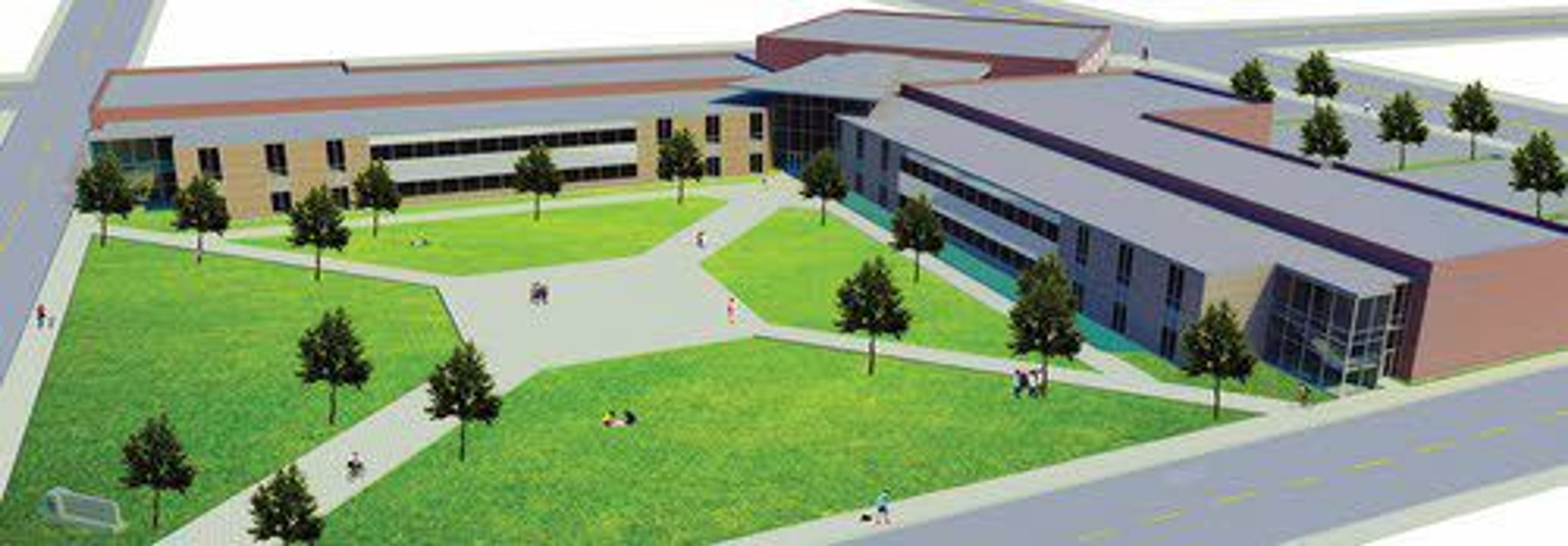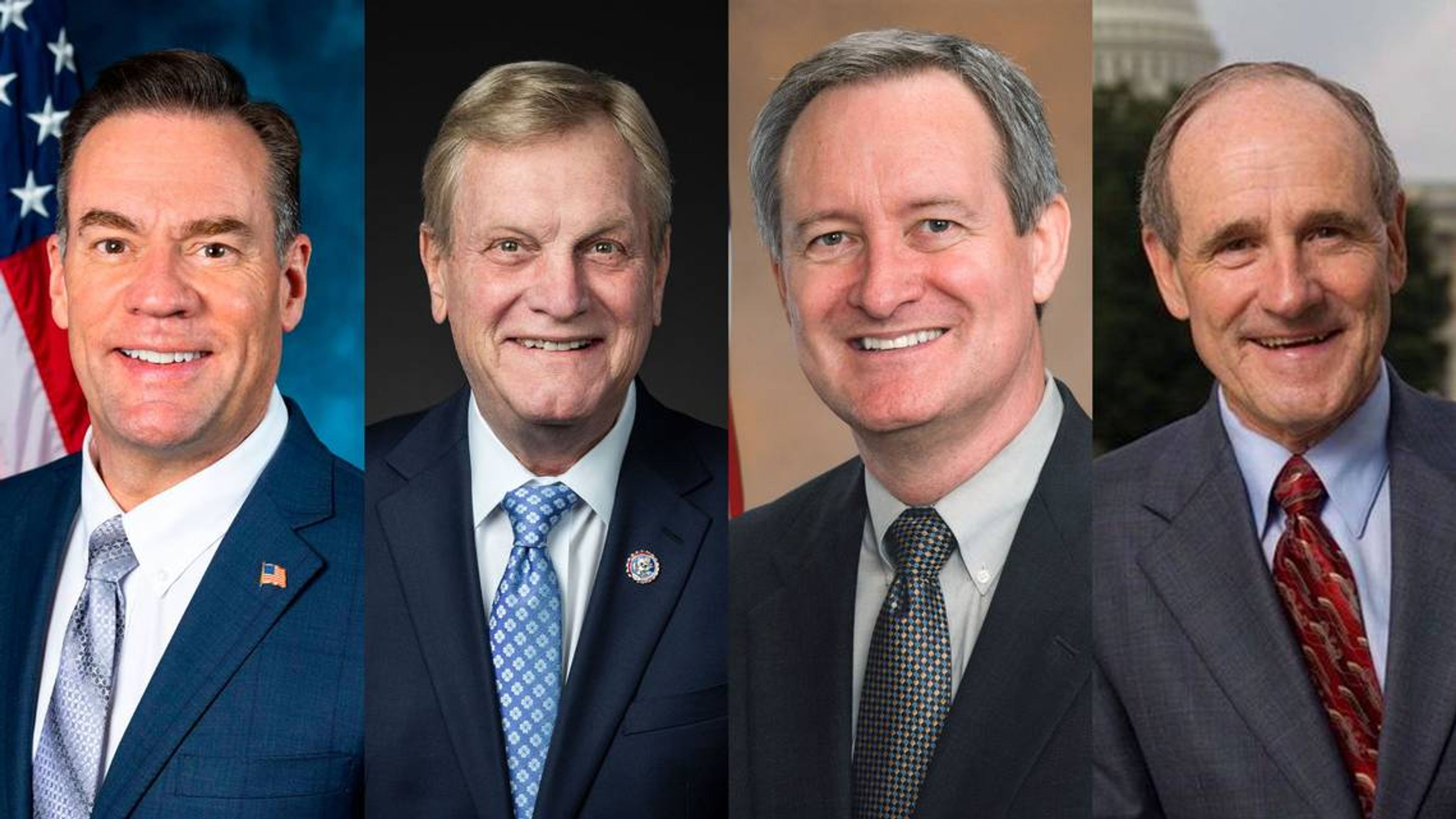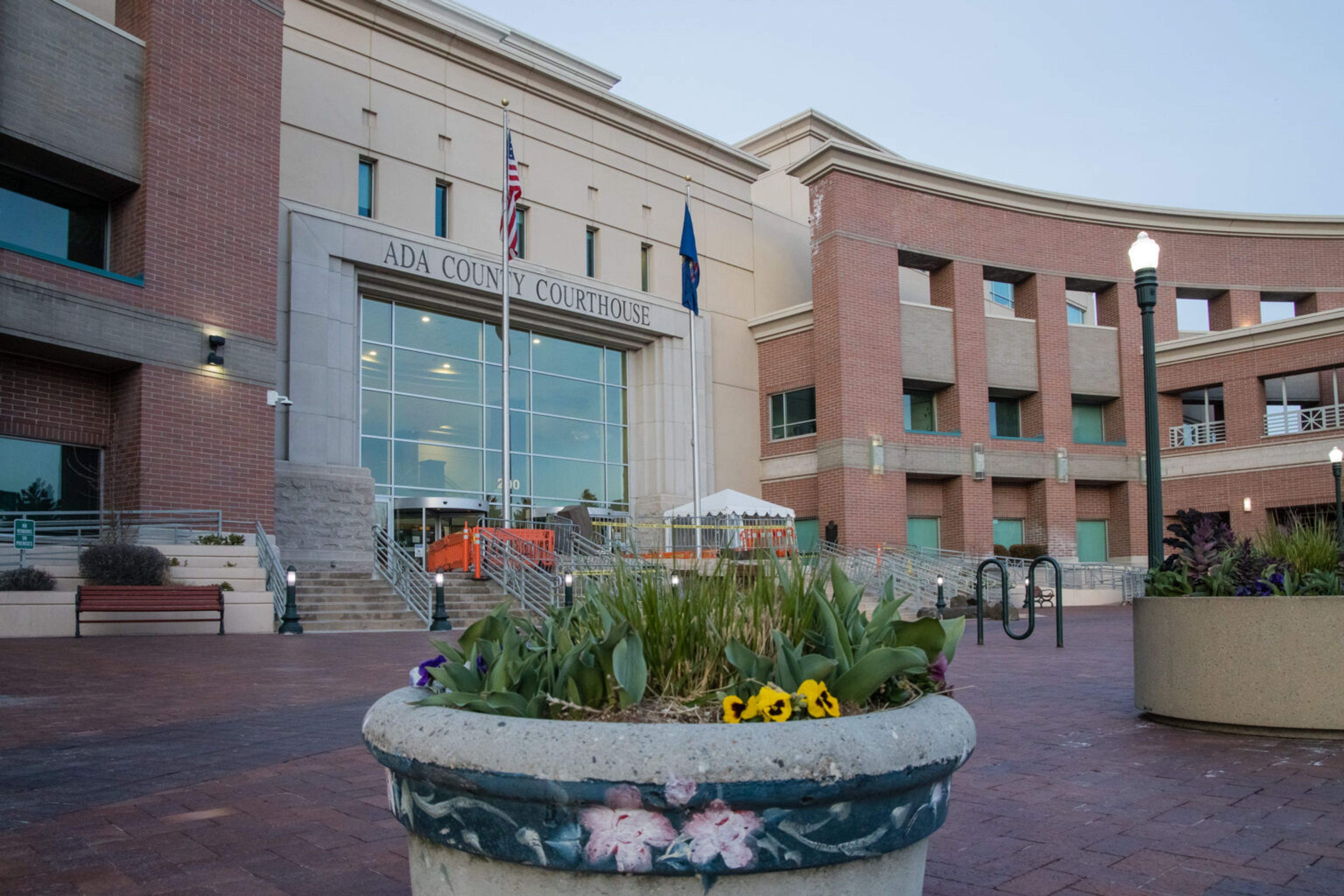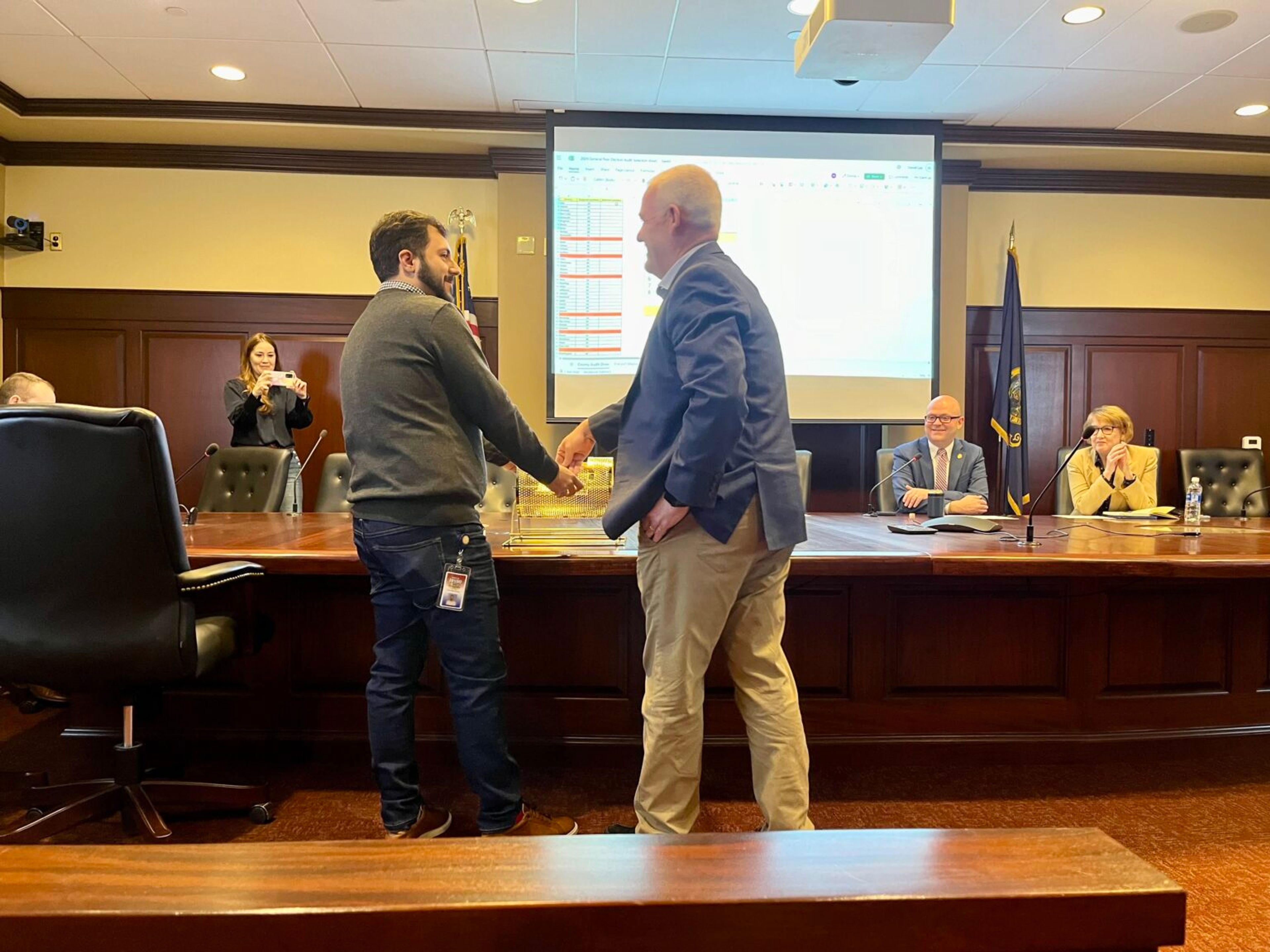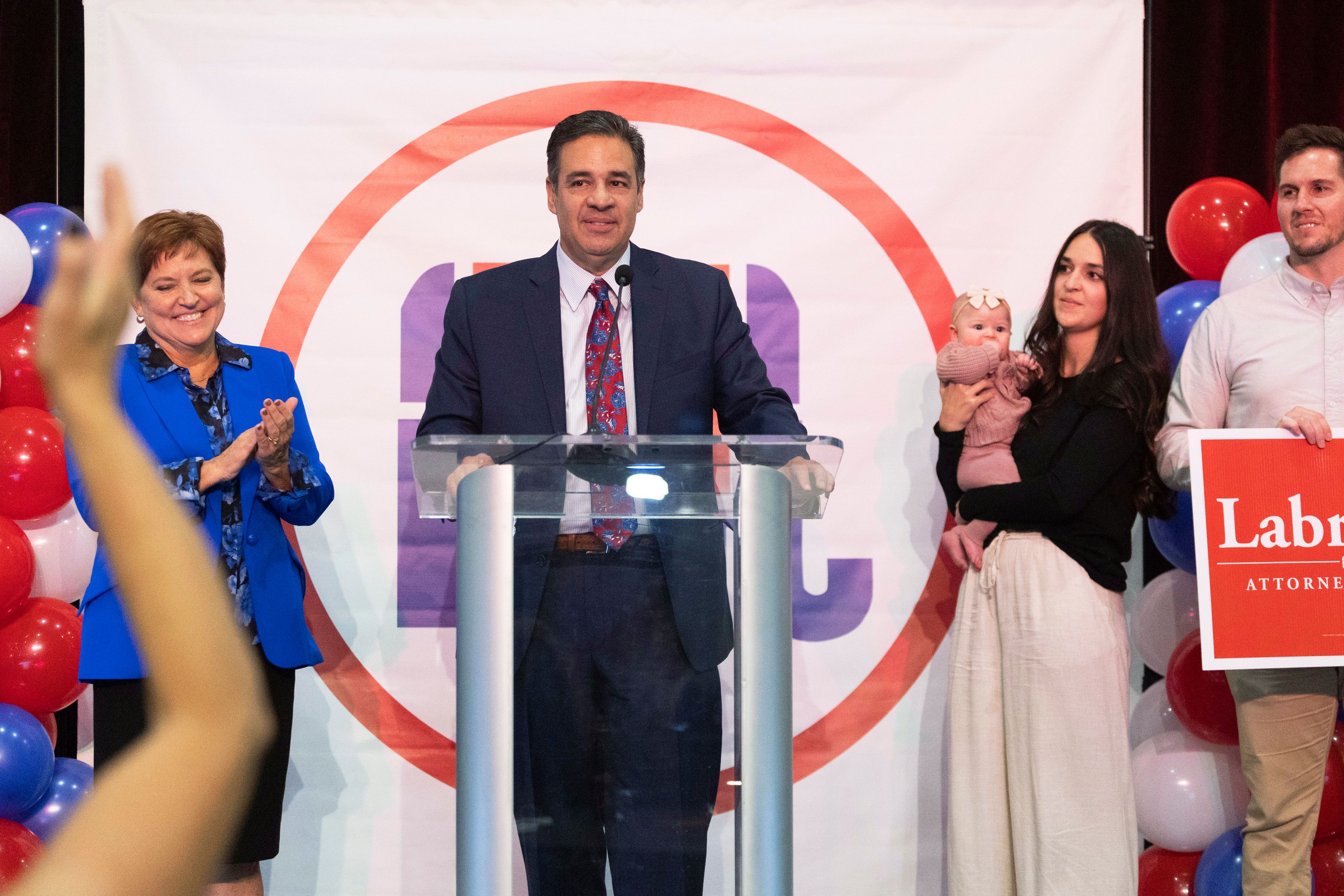Trump's budget proposal hits close to home
Local official notes negative effect 2018 plan could have on Idaho communities
A local economic development official is raising concerns about the negative effect President Donald Trump's 2018 budget proposal may have on Idaho's rural communities.
Christine Frei, executive director of the Clearwater Economic Development Association, noted that the Trump administration is targeting programs that, collectively, provide millions of dollars in infrastructure and economic development funding to communities and businesses across the state.
For example, Trump wants to eliminate the Community Development Block Grant or CDBG program, which has invested more than $74 million in Idaho in the past decade - including $14.4 million in north central Idaho.
Trump is also looking to eliminate the U.S. Economic Development Administration - the only federal agency that focuses exclusively on economic development - as well as several other business assistance and affordable housing programs, water/wastewater loan funds and transportation infrastructure grants (see list).
"Quite honestly, there isn't a program he's eliminating that we don't work with on a daily basis," Frei said.
She's quick to note that CEDA depends on these programs for a portion of its revenues, but said a bigger concern is the effect Trump's proposal could have on local entities.
CDBG grants, for example, have been used to build community centers in Kamiah, Cottonwood and Nezperce, fire halls in Deary and Grangeville and the senior center in Moscow. They've also lowered the cost of dozens of water and sewer projects all across the region, keeping rates more affordable for local residents.
"Without these programs, we wouldn't get things done," said Kendrick Mayor Dale Lisher.
Kendrick is currently upgrading its wastewater treatment facility, thanks in part to a Department of Agriculture infrastructure loan. A second phase of the project will install new sewer lines. Absent federal funding, the work would likely be out of reach.
"This is a retirement town," Lisher said. "A lot of folks live off Social Security. If there's no money out there to help, things just wouldn't get done."
Similarly, dozens of small businesses in the region have benefited from CEDA's revolving loan program, which was partially funded with $867,000 from the Economic Development Administration.
"The only reason the businesses come to us is they can't get conventional loans, because they're too risky," Frei said. "For 90 percent of them, we were the first loan they ever got. And they're still in existence; most use us one or two times, then they're able to get conventional loans."
When Trump's budget was unveiled in May, administration officials described it as a "taxpayer first" plan that takes a critical look at program outcomes. They said many government infrastructure and economic development efforts are ineffective or duplicative, and noted that Congress has failed to reauthorize a number of the programs.
They also suggested states, local communities and private developers are better positioned to address local needs.
Frei said these sentiments don't take into consideration the often substantial hurdles facing rural communities, including low income levels, limited economic growth and federal mandates that can impose substantial costs.
Moreover, the handful of state programs that do exist typically have minimal funding available, as well as other restrictions that limit their effectiveness.
"When we have a project, it's very rare that we'll have multiple funding options," she said.
Congress seems unlikely to go along with all of Trump's recommendations, but even so, the priorities inherent in his budget leave rural communities wondering how much longer the programs will be available.
"There's some anxiety every time an administration changes, because the new president wants to make changes," Frei said. "But this is the worst I've ever seen. And we can't be complacent; I've seen it where a community has the money one day and the next they don't. It causes horrible havoc."
Lewis-Clark State College President Tony Fernandez also pointed out a logical disconnect in Trump's proposal.
Throughout the 2016 election, support for U.S. manufacturing firms was a central theme in Trump's promise to "make America great again." But now that he's president, he's proposing to eliminate programs that benefit that very sector.
LCSC, for example, expects to apply for a $3 million grant from the Economic Development Administration to help cover equipment costs at its new $20 million Career and Technical Education center.
If the federal agency is eliminated, "it's not a game-changer" for LCSC, Fernandez said, but it creates one more hurdle for a facility that will help address workforce training needs for manufacturers throughout north central Idaho.
"If he's serious about supporting manufacturers, this (career-technical facility) is right up that alley," Fernandez said.
---
Spence may be contacted at bspence@lmtribune.com or (208) 791-9168.
Breakout
Infrastructure and economic development programs proposed for elimination in President Donald Trump's 2018 budget, together with projected 2018 savings.
Department of Commerce
U.S. Economic Development Administration - $221 million
Department of Housing and Urban Development
Community Development Block Grants - $2.99 billion
HOME Investment Program (affordable housing) - $948 million
Department of Agriculture
Rural water/wastewater loans - $498 million
Rural Business Cooperative - $95 million
Environmental Protection Agency
Clean air/water infrastructure grants - $482 million
Department of Transportation
TIGER infrastructure grants - $499 million
